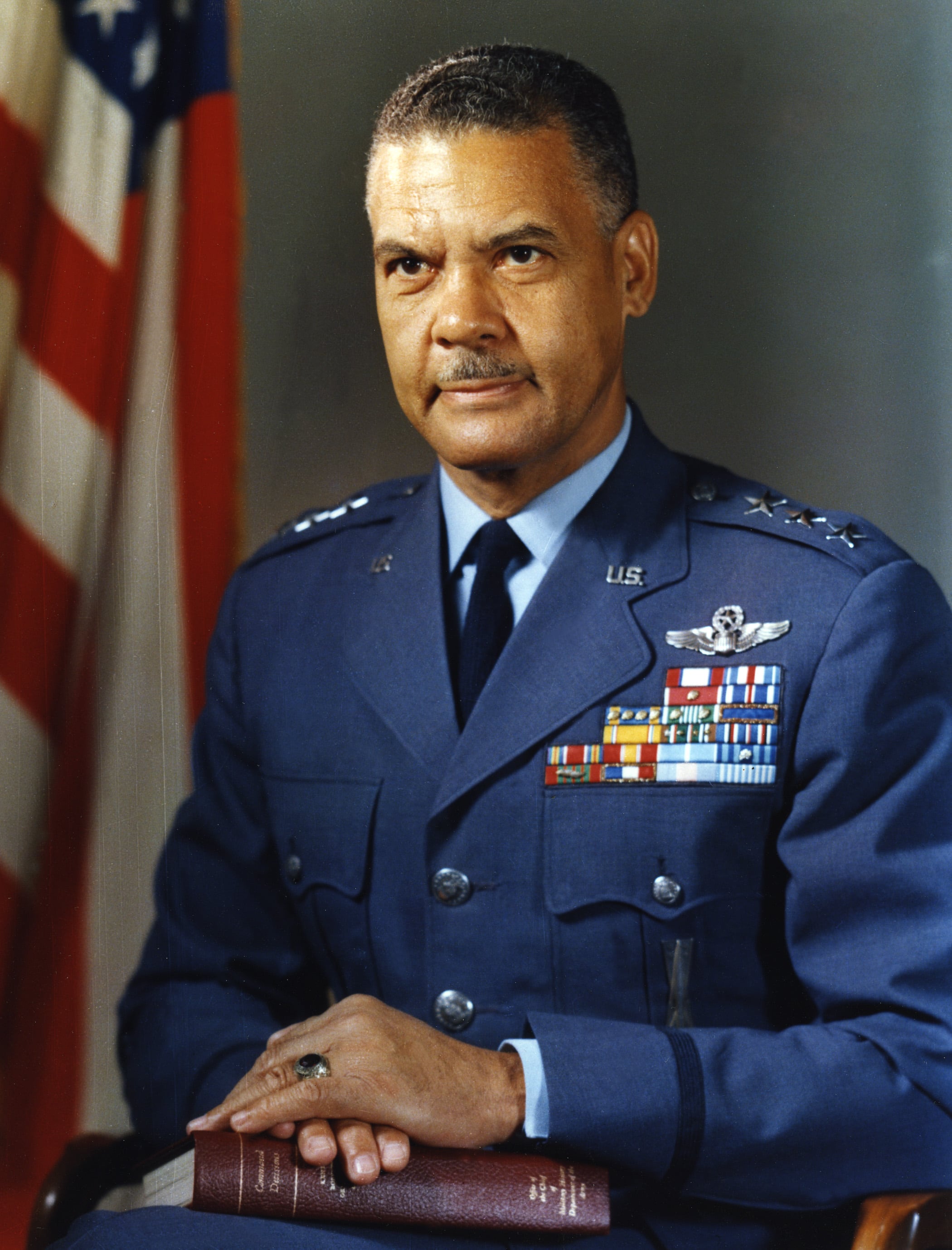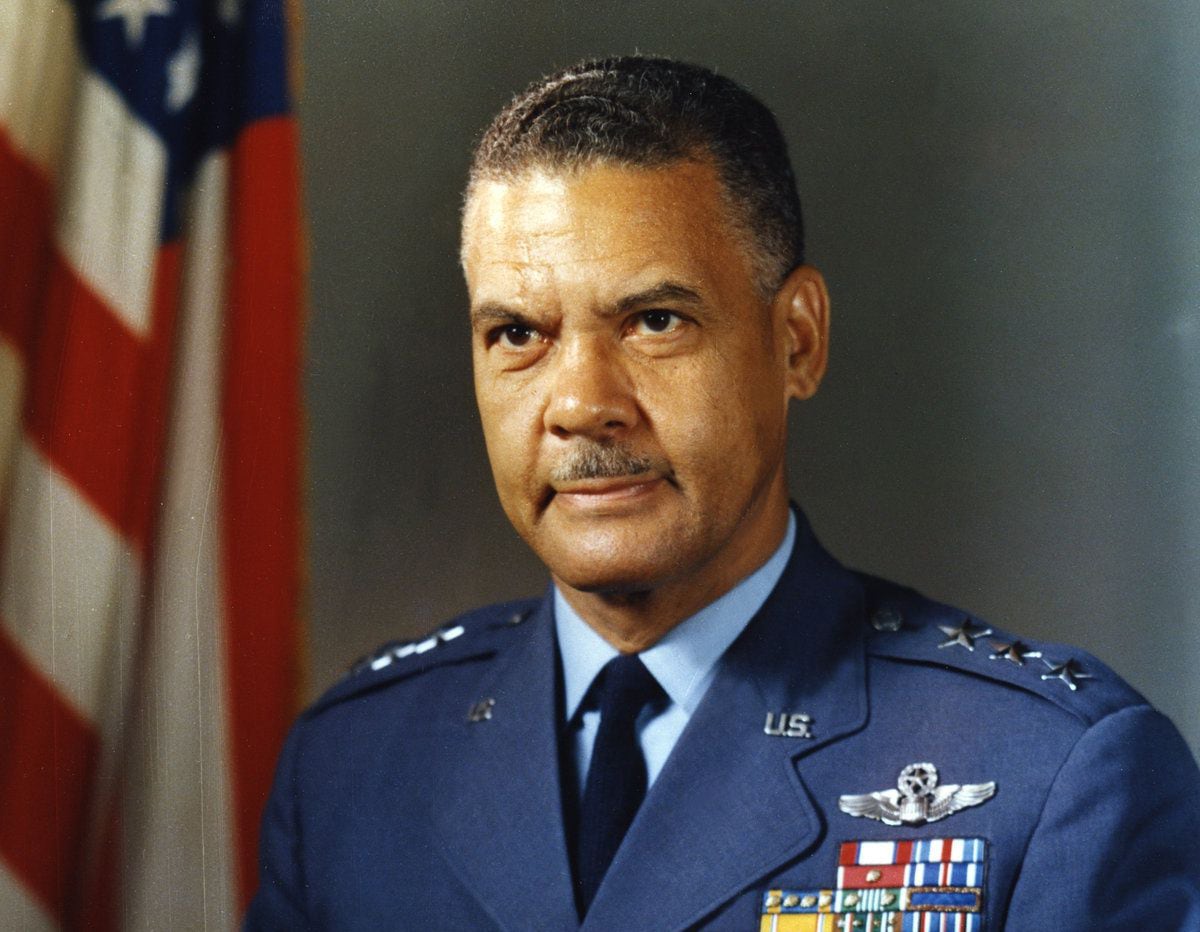Gen. Benjamin O. Davis Jr. eventually became a Tuskegee Airman and the Air Force’s first black general, but when he was just a cadet in 1932 at the United States Military Academy, no one wanted to be his roommate, let alone be his friend, or even speak to him unless absolutely necessary.
Now, West Point’s newest barracks, which opened with a ribbon-cutting ceremony Friday on the New York campus, is named after the trailblazer who once described himself as ”an invisible man.”
Tomorrow is the #DavisBarracks dedication. The barracks stands 110 feet tall! For a full tour, view the video:https://t.co/gVkiwBR5JW
— US Military Academy (@WestPoint_USMA) August 17, 2017
“If you want to know what ‘Duty, Honor, Country’ look like, just read a little bit about Benjamin O. Davis Jr., and your jaw will drop because he is the epitome of what we want at a time when we didn’t know what ‘right’ looked like,” said Col. Ty Seidule, the head of West Point’s history department and a head of the naming committee, after Davis’ name was chosen in 2015. “So it’s our chance to acknowledge one of our greatest graduates.”
Davis was virtually ignored while at West Point, treated similarly to the coordinated, unofficial punishment cadets carried out against those who had violated the honor code.
“I was to be silenced solely because the cadets did not want blacks at West Point. Their only purpose was to freeze me out,” he wrote in his 1991 autobiography. “What they did not realize was that I was stubborn enough to put up with their treatment to reach the goal I had come to obtain.”
Davis was one of only two black line officers in the Army when he graduated. His father was the other — Benjamin O. Davis Sr. was the service’s first black general.
RELATED

The younger Davis attended all-black pre-flight training at Alabama’s Tuskegee Institute in 1941, rising to command the 99th Fighter Squadron at Tuskegee Army Air Base.
He transferred to the Air Force when it was first stood up in 1947, rising to become the service’s first black four-star.
He received his fourth star 28 years after he retired, in a 1998 White House ceremony attended by fellow Tuskegee Airmen.
“He earned this honor a long time ago,” President Clinton said at that ceremony, calling Davis “a hero in war, a leader in peace, a pioneer for freedom, opportunity and basic human dignity.”
Davis died in 2002.
Meghann Myers is the Pentagon bureau chief at Military Times. She covers operations, policy, personnel, leadership and other issues affecting service members.




